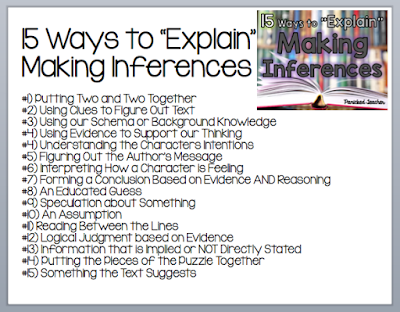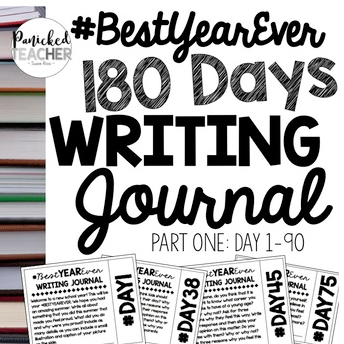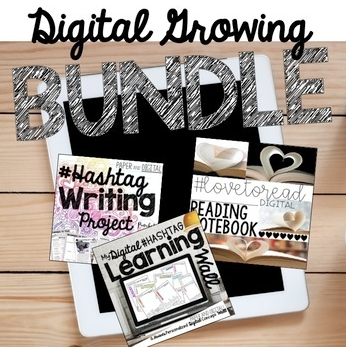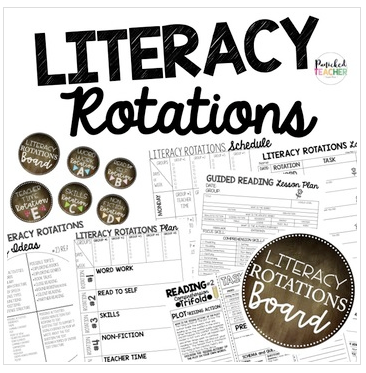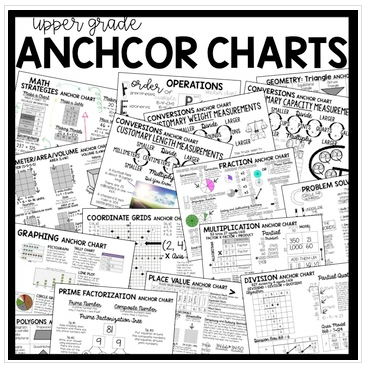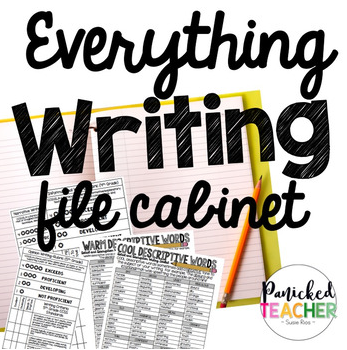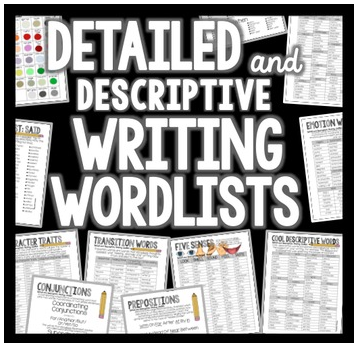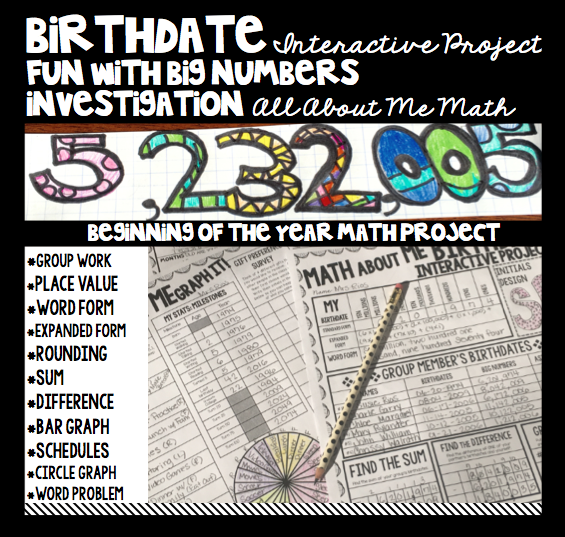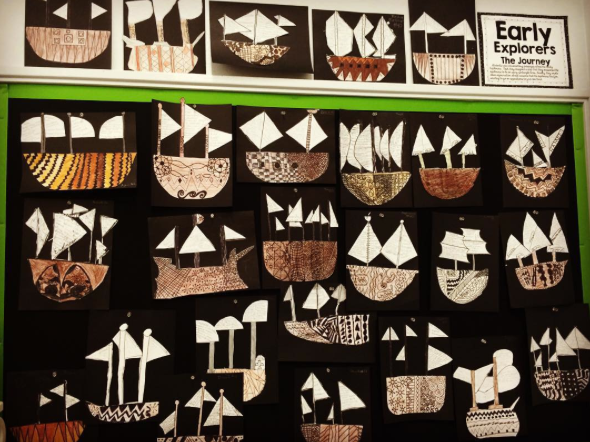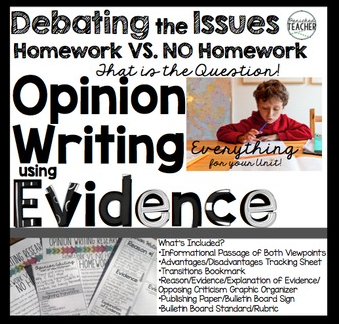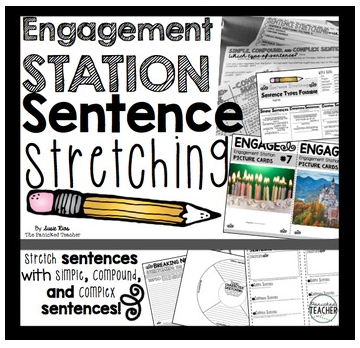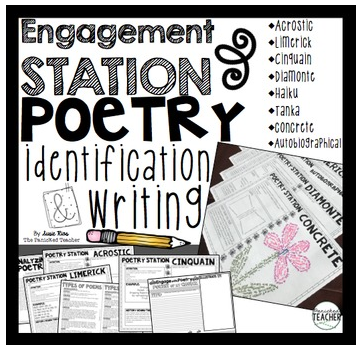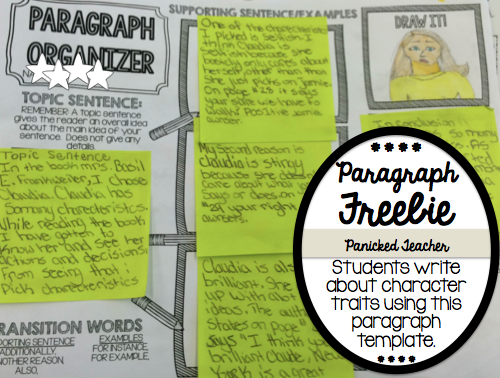Do you use Interactive Notebooks? I have always LOVED using them in my classroom so I am busy preparing my labels for my students notebooks. I usually have 4 solid notebooks going in my classroom for my students to use. They are wonderful tools for giving the students a reference throughout the year and also serve as a great record for student learning. I TRY to follow one GOLDEN rule when using interactive notebooks. That is to have the students make an entry at least ONCE a week. The 3 notebooks that I use are for #1)SCIENCE, #2)MATH, and #3)READING RESPONSE and finally this year I am also dedicating an entire notebook to MAKING INFERENCES. And I am here to share the labels that I have made with you so that you can prepare yours for this year...
SCIENCE INTERACTIVE NOTEBOOK
For Science, I have my students take their notebooks to the lab EVERY week so that we can record the scientific method, etc.. into their notebooks. The students LOVE making weekly entries into their notebooks AND they TRULY stay organized. I like to pop supplemental materials to the curriculum like those I have made here (MIXTURES AND SOLUTIONS) to bulk up the students knowledge and to provide fun and creative ways for recording data, etc....
MATH INTERACTIVE NOTEBOOK
This is the MOST important notebook of them all! There are SO many different skills that students need to remember in math, this notebook is a MUST! Something I have created for students at ALL different levels is a differentiated interactive notebook so that a teacher could access strategies for a student that may not be on grade level and possibly needs to back-track a bit. This Math Interactive Notebook has materials for students that are working at 2nd-5th grade levels. Check this bundle out by clicking on MATH INTERACTIVE NOTEBOOK....
SCIENCE INTERACTIVE NOTEBOOK
For Science, I have my students take their notebooks to the lab EVERY week so that we can record the scientific method, etc.. into their notebooks. The students LOVE making weekly entries into their notebooks AND they TRULY stay organized. I like to pop supplemental materials to the curriculum like those I have made here (MIXTURES AND SOLUTIONS) to bulk up the students knowledge and to provide fun and creative ways for recording data, etc....
READING RESPONSE INTERACTIVE NOTEBOOK
I love having students keep track of what they are reading using different weekly skills that they focus on with my READING RESPONSE NOTEBOOK. Students glue the focus skill into their notebook and then they practice that skill with ANY TEXT the class is working on at that time. This notebook has been extremely helpful when it comes to conferences, grading, portfolios, early finishers, you name it...
MAKING INFERENCES INTERACTIVE NOTEBOOK
This year I am SO EXCITED about my first ever Making Inferences Interactive Notebooks. Students will walk in every day with a different picture displayed, practice writing facts/inferences and then have some sort of a follow up activity (paragraph writing, interpreting informational text, writing simple/compound/complex sentences) to STRENGTHEN their inference skills more than ever. This is SUCH a hard skill for students at all levels and GOOD readers NEED this skill. If you would like to take a look at this click on MAKING INFERENCES OF THE WEEK.
MATH INTERACTIVE NOTEBOOK
This is the MOST important notebook of them all! There are SO many different skills that students need to remember in math, this notebook is a MUST! Something I have created for students at ALL different levels is a differentiated interactive notebook so that a teacher could access strategies for a student that may not be on grade level and possibly needs to back-track a bit. This Math Interactive Notebook has materials for students that are working at 2nd-5th grade levels. Check this bundle out by clicking on MATH INTERACTIVE NOTEBOOK....
Please test these out on your Avery 5164 labels (31/3x4in) BEFORE printing them out to make sure they align up correctly! You can also just print them out on paper and have the students cut/glue them onto their notebooks. Either way works well! Hopefully these work for you....and hopefully they will ease your load a bit in the beginning of the year...IF that is even possible!






